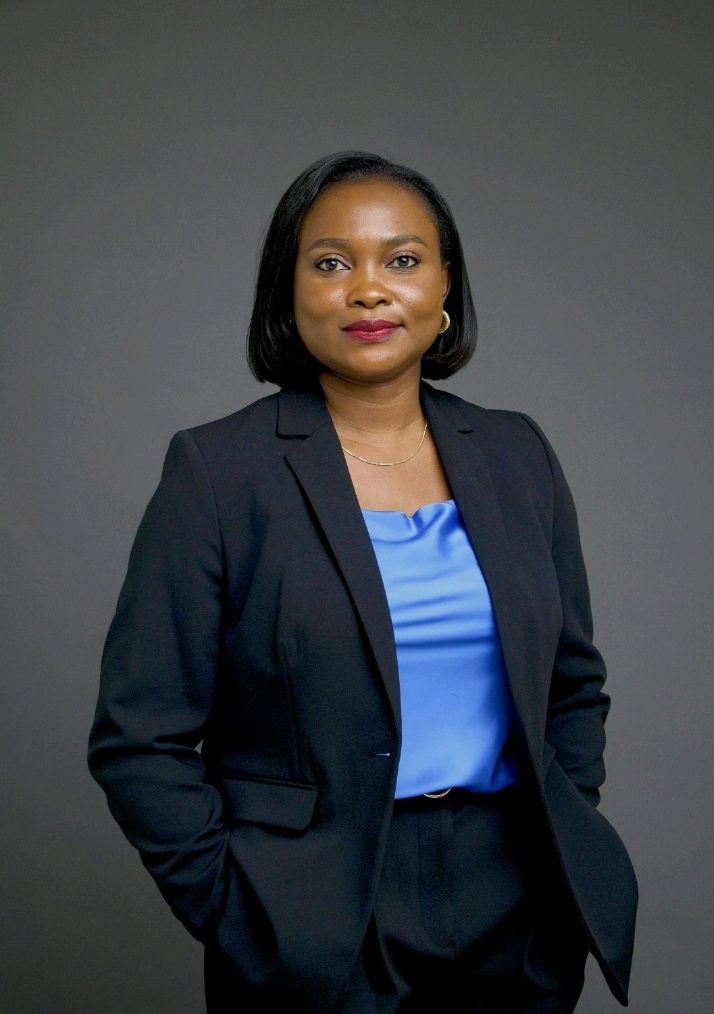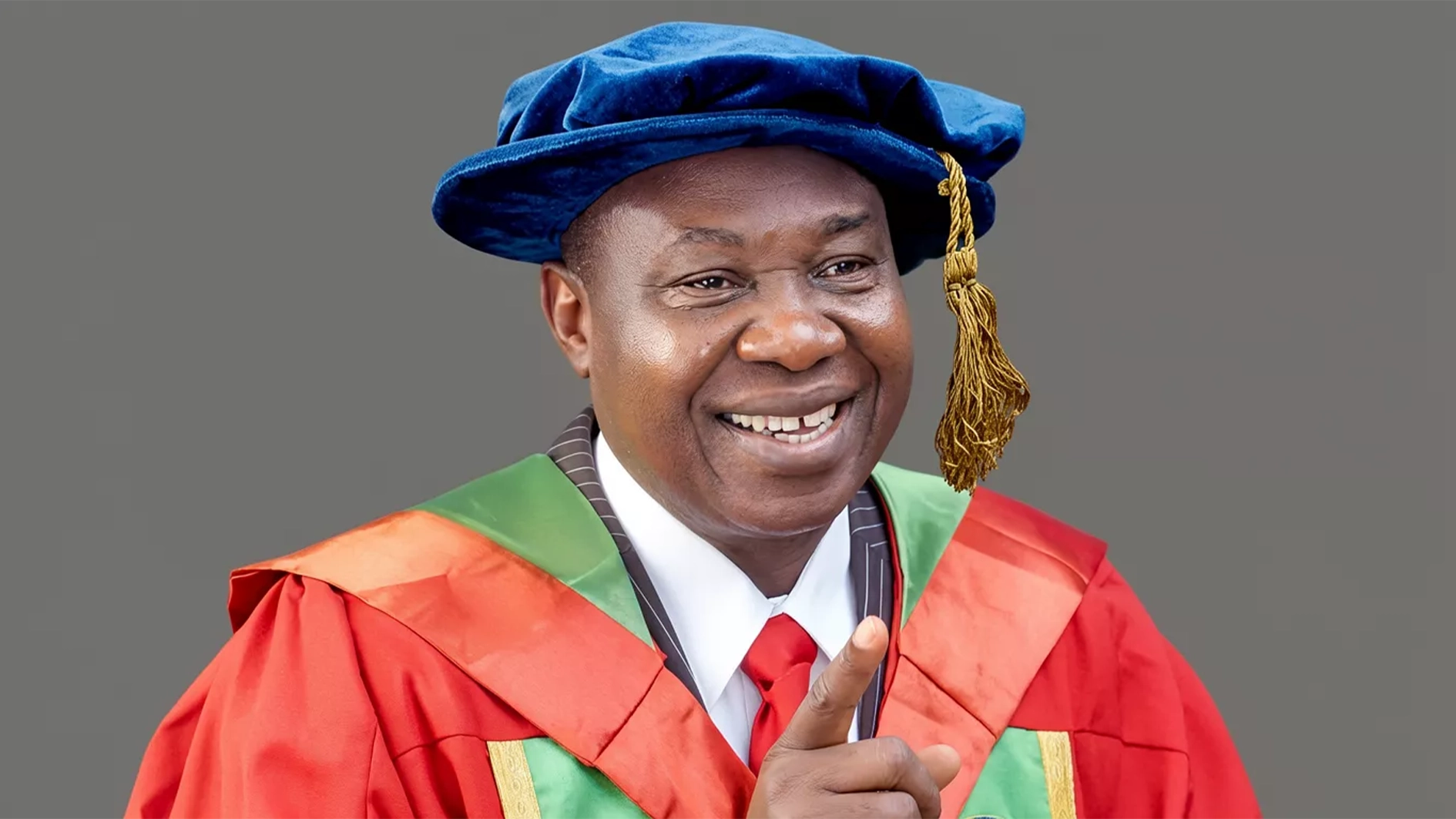
The Managing Director of FREEE Recycle, Ifedolapo Runsewe, in this interview with Geoff Iyatse, highlighted the company’s contribution to the circular economy in Africa through innovative recycling and manufacturing practices as well as the company’s goal for 2025 and beyond.
2024 has been an eventful year for FREEE Recycle. Can you share some of the company’s major milestones and achievements this year?
FREEE Recycle Limited has had a truly transformative 2024, marked by groundbreaking achievements, strategic partnerships, and impactful initiatives that reinforce our position as a leader in recycling and sustainability. A key milestone was the launch of FREEE Recycle Holding Limited in the UK in May, advancing our global expansion and commitment to sustainable practices.
In March, we launched our eco-friendly flip-flop line in Lagos, showcasing innovation in repurposing recycled materials and strengthening our position in sustainable fashion. Throughout the year, we collaborated with global organisations such as UNIDO and WTO, as well as local partners like Lafarge and NASENI, driving innovation in recycling.
Our commitment to sustainability and Corporate Social Responsibility (CSR) remained central to our operation. We launched the “Buy One, Give One” program, which enabled the donation of 300 eco-friendly school sandals to underserved communities.
We also empowered 30 women in Oyo State with recycling-focused training and partnered with organizations like APM Terminals and the International Committee of the Red Cross to recycle over 1,500 tyres, reducing 14,853 kilograms of CO₂ emissions and producing 12,378 kilograms of crumb rubber for eco-friendly products.
Expanding our reach, we exported 1,000+ eco-friendly products to the UK and launched online stores in Nigeria and the UK. These milestones underscore our dedication to innovation, sustainability, and social impact as we look ahead to a brighter, more sustainable future.
FREEE Recycle recently participated in the World Trade Organisation (WTO) Trade and Environment Week, and the WTO published a feature on your leadership. What does this recognition mean for the company and for you personally as its Managing Director?
Being featured by the WTO during Trade and Environment Week is a profound honour for both FREEE Recycle and me personally. This recognition validates our efforts in pioneering sustainable waste management solutions in Nigeria and underscores the global relevance of our work.
It has opened doors to international collaborations, providing us with opportunities to share our innovations and learn from global best practices. On a personal level, it reinforces my commitment to driving environmental sustainability and inspires our entire team to continue striving for excellence.
What innovative recycling and manufacturing solutions did FREEE Recycle introduce in 2024, which enabled FREEE Recycle adapt to emerging challenges, and how have these solutions contributed to driving the circular economy in Africa?
In 2024, FREEE Recycle focused on optimizing and standardizing our operating procedures to enhance the quality and value of our products. By refining our production processes, we have improved the durability, consistency, and overall quality of products such as eco-friendly sandals and paving materials.
These enhancements ensure that our products not only meet but exceed customer expectations, reinforcing their long-term value and reliability. This emphasis on operational efficiency has allowed us to achieve better resource utilisation, reduce production waste, and improve customer satisfaction—key factors in driving the adoption of sustainable, circular economy solutions in Africa.
Our approach has set a benchmark in Africa for sustainable manufacturing, demonstrating that environmental responsibility can align with economic growth.
How has FREEE Recycle strengthened its collaboration with local communities and stakeholders in 2024. What initiatives stood out as particularly impactful?
In 2024, FREEE Recycle deepened its engagement with local communities and stakeholders through impactful collaborations and initiatives. A notable example is the “A Sandal More” project, a partnership with Access Bank Plc.
This initiative involved producing and distributing over 7,000 eco-friendly sandals made from discarded tyres to schoolchildren in Ibadan, Oyo State. The project not only provided essential footwear to children in need but also raised awareness about recycling and environmental sustainability within the community.
Additionally, we conducted educational workshops in schools, teaching students about the importance of recycling and environmental stewardship. We also collaborated with local artisans to incorporate recycled materials into their crafts, promoting sustainable livelihoods and cultural preservation.
These initiatives have strengthened our ties with local communities, fostered environmental consciousness, and demonstrated the tangible benefits of sustainable practices.
In 2024, how has FREEE Recycle further aligned its operations with the UN Sustainable Development Goals, and what progress has been made?
Our operations have been closely aligned with several UN Sustainable Development Goals (SDGs). By promoting responsible consumption and production (SDG 12), we have reduced environmental pollution and encouraged sustainable practices. Our efforts in providing decent work and economic growth (SDG 8) have led to job creation and skill development within communities.
Additionally, our environmental initiatives contribute to climate action (SDG 13) by reducing greenhouse gas emissions associated with waste tyre disposal. Overall, we are still aligned with 12 of the 17 SDGs and we remain focused on doing our best to meet all 17 through our direct efforts and through active collaboration.
Corporate social responsibility is integral to FREEE Recycle’s mission. Could you share examples of CSR initiatives launched or expanded in 2024 and their outcomes?
As the Managing Director of FREEE Recycle, I’m incredibly proud of our transformative journey in 2024. As a company, we have been able to position corporate social responsibility at the core of our operation, demonstrating how a business can be a catalyst for meaningful social and environmental change. Key Examples include;
Our women empowerment initiative done in collaboration with the Oyo State Government where we enrolled 30 women from Oyo State in comprehensive training programs focused on skilled development and providing women with economic opportunities.
A Sandal More” project, a partnership with Access Bank Plc. We manufactured and distributed over 7,000 eco-friendly sandals made from discarded tyres to schoolchildren in Ibadan, Oyo State, directly supporting schoolchildren and demonstrating how business can be a force for good.
And we also collaborated with the Bank, in construction and installation of five eco-friendly playgrounds across schools in Ibadan. Collaborated with the Ministry of Environment, Oyo State, to commemorate World Cleanup Day.
As part of this initiative, our dedicated staff actively participated in a community cleanup exercise, focusing on removing litter and promoting environmental sustainability within our immediate surroundings. This activity underscores our commitment to fostering a cleaner and healthier environment.
We also recently launched our Buy One, Give One programme, a groundbreaking approach to corporate social responsibility that directly ties consumer purchases to meaningful social impact. Under this initiative, for every pair of FREEE Recycle flip-flops purchased, our foundation, the FREEE Impact Foundation, donates a pair of eco-friendly school sandals to a child in need across Nigeria.
The programme was officially launched in December 2024, with FREEE Recycle donating and distributing 300 pairs of eco-friendly school sandals.
This milestone event was made possible through a collaborative effort with Sage Grey Finance Limited and the Lagos State Office of Climate Change and Circular Economy, benefiting schoolchildren in Lagos and Ibadan and reinforcing our commitment to creating sustainable value while addressing critical social needs.
Looking back at the year, what do you see as the most significant challenge FREEE Recycle overcame, and what lessons were learned from this experience?
The most significant challenges we faced in 2024 stemmed from broader economic realities in Nigeria, including persistent foreign exchange (forex) volatility, rising inflation, and supply chain disruptions.
These economic factors affected the cost of importing essential machinery, raw materials, and other operational inputs, putting pressure on our financial resources and timelines. Navigating these challenges required us to strengthen our resource optimisation strategies, localise portions of our supply chain, and innovate around cost management without compromising on quality.
Another key challenge has been driving awareness around recycling and the Extended Consumer Responsibility (ECR) programme. While progress has been made, achieving widespread participation from both corporate partners and the general public remains a work in progress.
Encouraging companies to integrate sustainable practices, particularly under the ECR framework, has required consistent education, advocacy, and stakeholder engagement. Despite these challenges, FREEE Recycle has remained resilient, learning valuable lessons on adaptability, operational efficiency, and the importance of strategic partnerships.
Moving forward, our focus will be on building more collaborations with corporate partners, promoting a recycling culture nationwide, and strengthening our operations to withstand external economic pressures.
As we close out 2024, what excites you most about FREEE Recycle’s plans for 2025? Are there any new markets, products, or partnerships on the horizon?
Looking ahead to 2025, we are excited about entering new markets within Africa and introducing a range of eco-friendly construction materials made from recycled tyres.
We are also exploring partnerships with international organisations to further our impact and share our model globally. These developments position us to make even greater strides in promoting sustainability and economic development.
What message would you like to share with stakeholders, partners, and international audiences like those at the WTO as FREEE Recycle continues to shape the future of waste management in Africa?
As we continue to shape the future of waste management in Africa, we would like to express our sincere gratitude to our stakeholders, partners, and international audiences for their ongoing support and collaboration.
At FREEE Recycle, we believe that sustainable solutions to waste management are not only essential for environmental protection but also for driving economic growth, social empowerment, and innovation across the continent.
Our partnerships with the government and organisations like the Access Bank and APM Terminal have been crucial in advancing circular economy practices, and we remain dedicated to scaling our impact through continued collaboration.
We envision a future where waste is transformed into valuable resources, creating opportunities for growth and a cleaner, greener environment. We invite all stakeholders to join us in building a sustainable, circular economy that benefits communities, businesses, and the planet.






